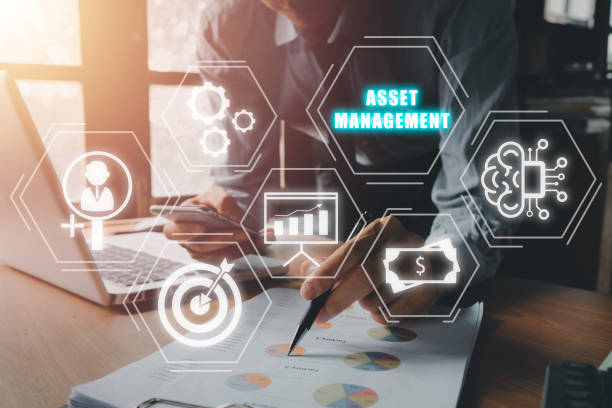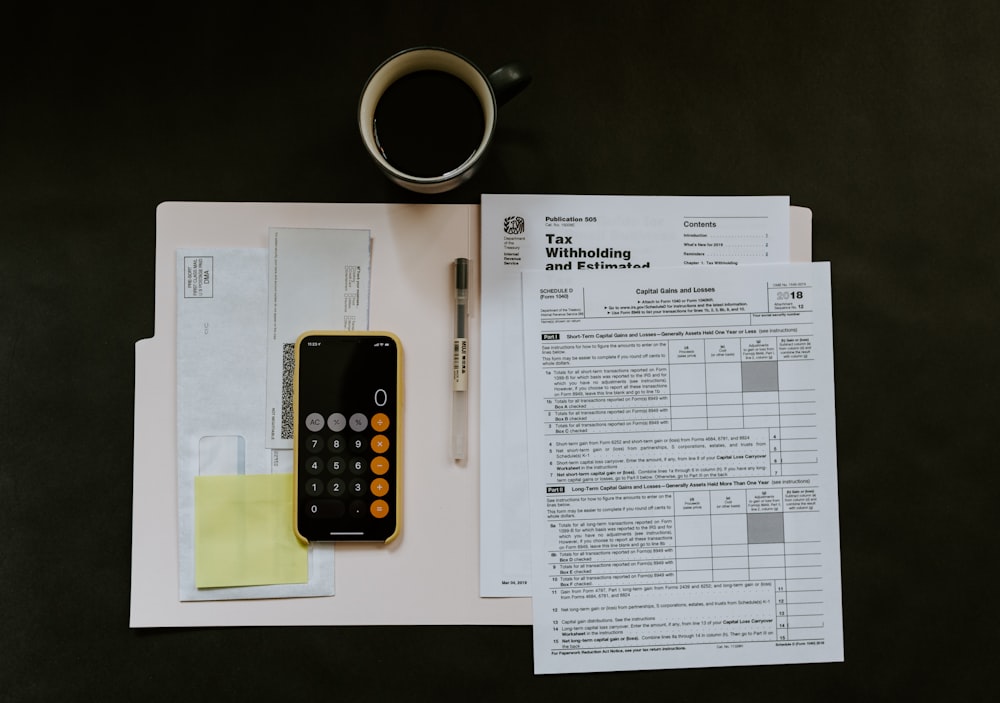
In the world of business and finance, accuracy is paramount. Nowhere is this more apparent than in the field of fixed asset accounting. For the uninitiated, fixed assets are the long-term tangible pieces of property or equipment a business owns and uses in its operations to generate income. From buildings and machinery to vehicles and office equipment, these assets are not intended for sale during the normal course of business.
Correctly accounting for these fixed assets is crucial to the health and success of a business, impacting everything from financial reporting and forecasting to strategic planning and tax compliance. This article provides a deep dive into the importance of fixed asset accounting and why getting it right should be a top priority for every business owner.
The Essence of Fixed Asset Accounting
Fixed asset accounting involves the tracking and recording of the acquisition, depreciation, enhancements or improvements, and disposal of a company’s fixed assets. This process requires diligent tracking, valuation, and record-keeping to provide accurate information about a company’s financial health and performance.
The Critical Role of Depreciation
Depreciation lies at the heart of fixed asset accounting. It refers to the gradual reduction of the recorded cost of a fixed asset in a systematic manner until the value of the asset becomes zero or negligible. Depreciation accounts for the wear and tear of assets over time and their eventual replacement necessity.
There are various methods for calculating depreciation, including straight-line, declining balance, and units of production. The choice of method depends on the nature of the asset and the business’s accounting policy. Accurate calculation and recording of depreciation are crucial as it impacts the net income and overall value of the business on the balance sheet.
Fixed Asset Accounting and Financial Reporting
One of the significant reasons why fixed asset accounting is crucial is its impact on financial reporting. Assets, including fixed assets, represent resources owned by a company. The valuation of these assets directly influences the total value of the company, as reflected on the balance sheet.
An accurate record of fixed assets and their depreciation allows for precise financial statements, which are critical for stakeholders, including investors, creditors, and regulatory authorities. It informs decision-making processes, guides strategic planning, and impacts credit ratings and the ability to secure funding.
Fixed Asset Accounting for Tax Compliance
Fixed assets and their depreciation have direct tax implications. Depreciation is considered an expense and can reduce a company’s taxable income, potentially providing significant tax savings. However, tax laws often have specific requirements for depreciating assets, which may differ from general accounting rules.
Getting fixed asset accounting right ensures compliance with tax regulations, preventing potential penalties or adjustments in the future. For this reason, it’s crucial for business owners to understand the tax rules applicable to their assets or work with knowledgeable tax professionals.
Strategic Decision Making and Fixed Assets
Beyond reporting and compliance, fixed asset accounting plays a pivotal role in strategic decision making. The data derived from fixed asset accounting can inform decisions about asset lifecycle management, including when to repair, upgrade, or replace assets.
An accurate record of fixed assets can also support decisions regarding expansion or contraction, asset financing, and capital budgeting. Without reliable data, businesses risk making decisions based on incomplete or inaccurate information, which can lead to costly errors.
The Imperative of Accurate Fixed Asset Accounting
Fixed asset accounting is not a mere number-crunching exercise. It’s a fundamental accounting practice that permeates nearly every facet of business operations. From financial reporting and tax compliance to strategic decision-making, getting fixed asset accounting right is instrumental to a company’s financial health and success.
The Benefits of Asset Management Software
With the evolving digital landscape, businesses now have access to a variety of asset management software solutions. These tools are designed to simplify the complexities of fixed asset accounting, offering features such as automated depreciation calculations, real-time asset tracking, reporting capabilities, and more.
By implementing asset management software, businesses can significantly enhance the accuracy of their fixed asset accounting. Automated systems reduce the risk of human error and streamline the tracking process, ensuring all assets are accounted for and valued correctly. Additionally, these tools can generate instant reports, providing valuable insights that can inform business decisions.
The Role of Fixed Asset Auditors

The importance of getting fixed asset accounting right cannot be overstated, which is why the role of fixed asset auditors is crucial. These professionals specialize in reviewing a company’s fixed assets register, verifying the existence and condition of the assets, and ensuring that depreciation has been correctly calculated and recorded.
Engaging the services of fixed asset auditors can provide business owners with peace of mind that their fixed asset accounting is accurate and compliant. Not only can this protect against potential financial discrepancies and tax issues, but it also provides a solid foundation for strategic planning and decision-making, further underlining the critical role of accurate fixed asset accounting in business success.
It requires an understanding of the nature of your assets, selecting suitable depreciation methods, and diligent tracking and record-keeping. Given the complexity and significance of fixed asset accounting, business owners should consider working with skilled accountants or investing in robust asset management software. By placing a high priority on this aspect of your business’s financial management, you set the stage for informed decision-making, strategic growth, and overall financial success.
Published by HOLR Magazine.



